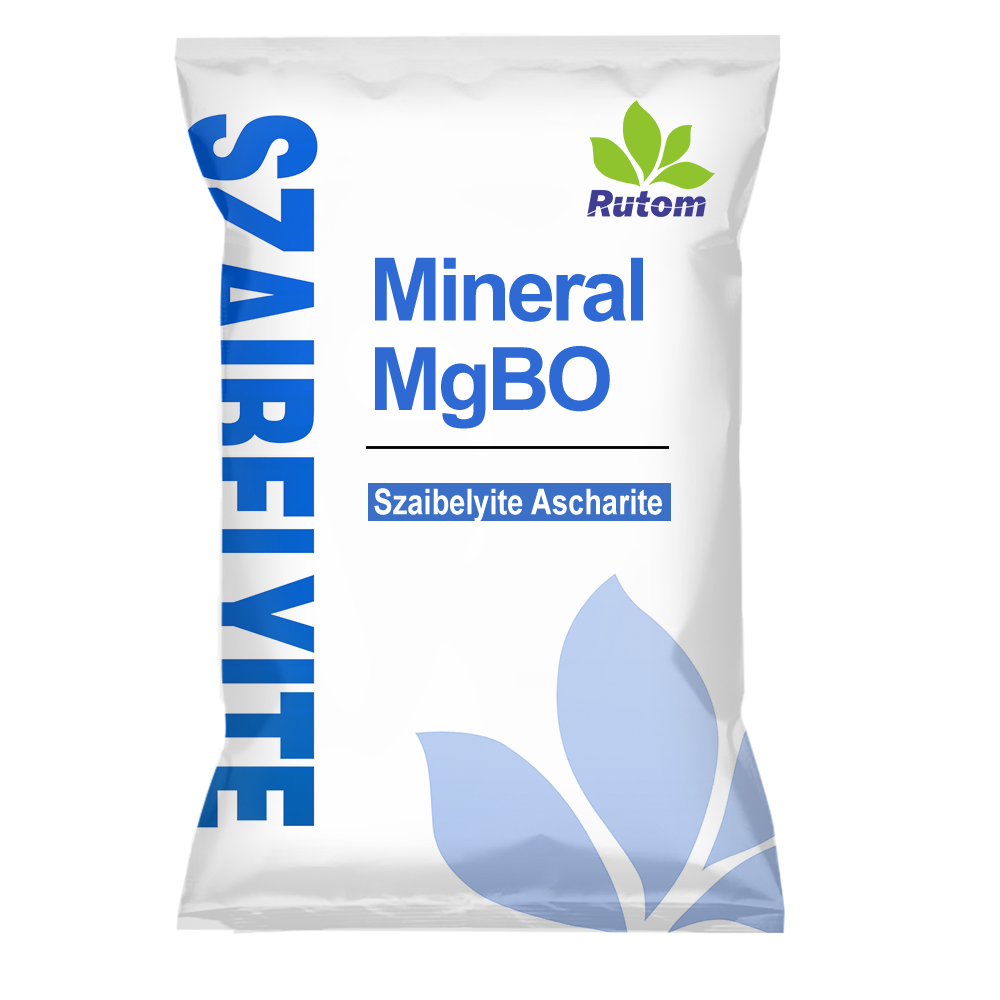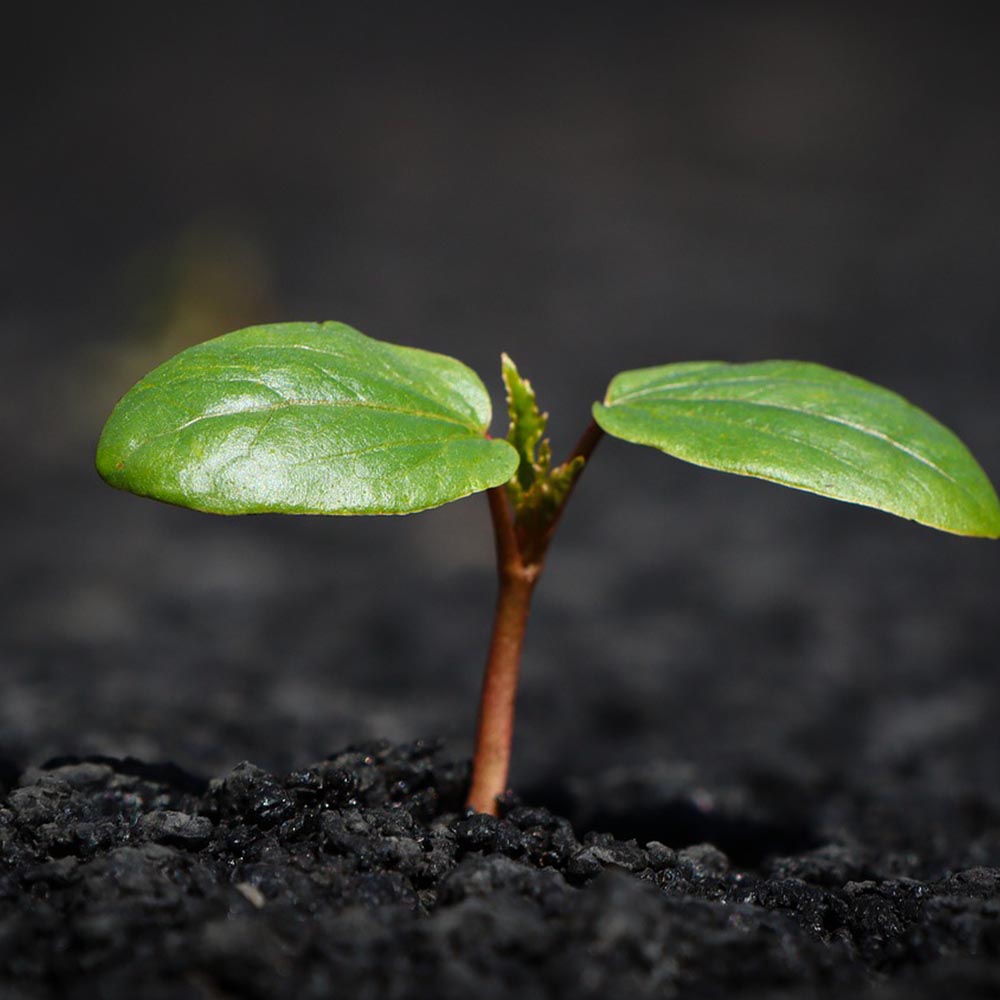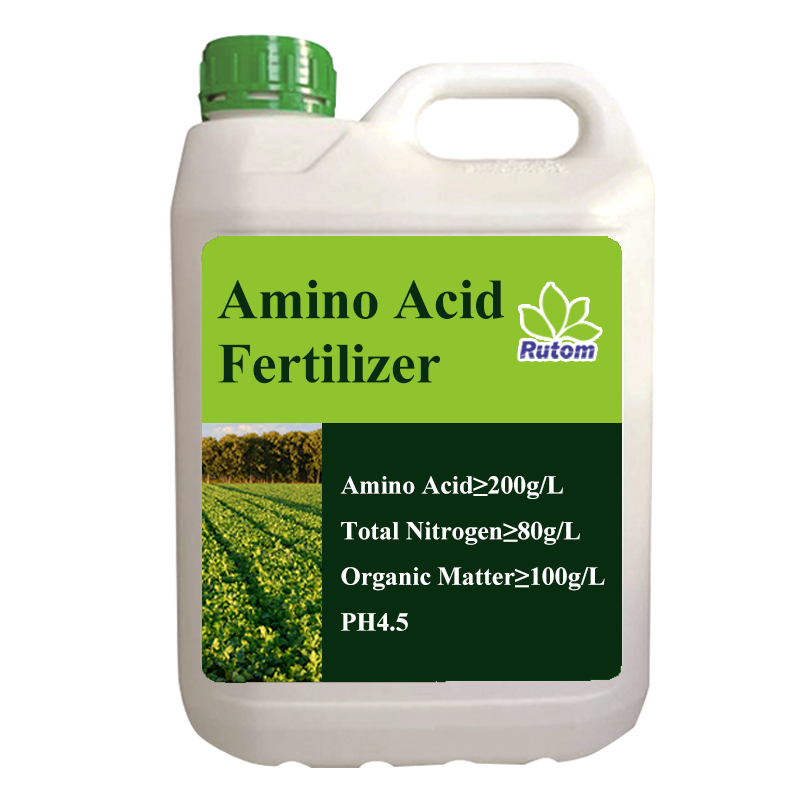The importance of Magnesium for crops health.
Magnesium is an essential nutrient for plant growth and development. It is a critical component of the chlorophyll molecule, which is responsible for photosynthesis. Without sufficient magnesium, plants cannot produce chlorophyll efficiently, leading to stunted growth and reduced yields. Here's how magnesium contributes to crop growth:
Chlorophyll Formation: Magnesium is a central atom in the chlorophyll molecule, which is vital for photosynthesis. Photosynthesis is the process by which plants convert light energy into chemical energy, producing carbohydrates that fuel growth and development.
Energy Transfer: Magnesium plays a role in the transfer of energy during photosynthesis. It helps in the conversion of light energy into chemical energy, which is then used to drive various metabolic processes within the plant.
Nutrient Uptake and Transport: Magnesium is involved in the uptake and transport of other essential nutrients within the plant. It helps in the movement of phosphorus and nitrogen, which are also crucial for plant growth.
Enzyme Activation: Many enzymes involved in plant metabolism require magnesium for their activation. These enzymes are involved in processes such as carbohydrate metabolism, nucleic acid synthesis, and protein synthesis.
Regulation of pH: Magnesium helps regulate the pH of the soil, which is important for nutrient availability. It can mitigate the effects of acidic soils, allowing plants to access other essential nutrients more effectively.
Stress Tolerance: Magnesium plays a role in enhancing plant tolerance to various environmental stresses, including drought, salinity, and extreme temperatures. It helps maintain the structural integrity of cell membranes and protects against oxidative damage.
To ensure adequate magnesium levels for crop growth, farmers often apply magnesium-containing fertilizers or soil amendments. Common sources of magnesium fertilizers include magnesium sulfate (Epsom salt), magnesium oxide, and dolomitic lime. Soil testing is essential to determine the magnesium levels in the soil and to tailor fertilization practices accordingly. Additionally, maintaining proper soil pH and organic matter levels can also help improve magnesium availability to plants.






